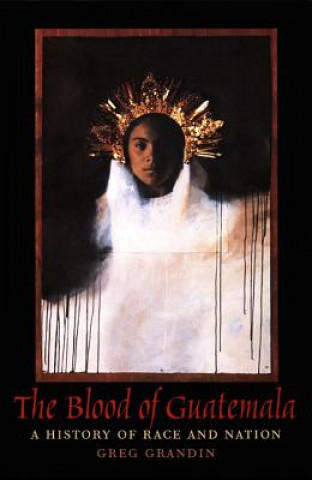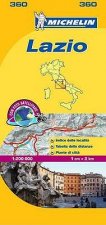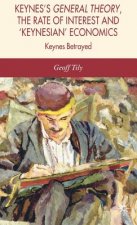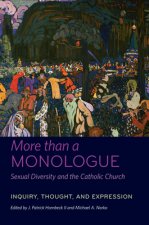
Dostava
Savjetnik za kupnju





Proizvod vam ne odgovara? Nema veze! Možete nam vratiti unutar 30 dana
 Poklon bon
u bilo kojoj vrijednosti
Poklon bon
u bilo kojoj vrijednosti
S poklon bonom ne možete pogriješiti. Za poklon bon primatelj može odabrati bilo što iz naše ponude.
Blood of Guatemala
 Engleski
Engleski
 91 b
91 b
30 dana za povrat kupljenih proizvoda
Moglo bi vas zanimati i


Over the latter half of the twentieth century, the Guatemalan state slaughtered more than two hundred thousand of its citizens. In the wake of this violence, a vibrant pan-Mayan movement has emerged, one that is challenging Ladino (non-indigenous) notions of citizenship and national identity. In The Blood of Guatemala Greg Grandin locates the origins of this ethnic resurgence within the social processes of eighteenth- and nineteenth-century state formation rather than in the ruins of the national project of recent decades. Focusing on Mayan elites in the community of Quetzaltenango, Grandin shows how their efforts to maintain authority over the indigenous population and secure political power in relation to non-Indians played a crucial role in the formation of the Guatemalan nation. To explore the close connection between nationalism, state power, ethnic identity, and political violence, Grandin draws on sources as diverse as photographs, public rituals, oral testimony, literature, and a collection of previously untapped documents written during the nineteenth century. He explains how the cultural anxiety brought about by Guatemala's transition to coffee capitalism during this period led Mayan patriarchs to develop understandings of race and nation that were contrary to Ladino notions of assimilation and progress. This alternative national vision, however, could not take hold in a country plagued by class and ethnic divisions. In the years prior to the 1954 coup, class conflict became impossible to contain as the elites violently opposed land claims made by indigenous peasants. This "history of power" reconsiders the way scholars understand the history of Guatemala and will be relevant to those studying nation building and indigenous communities across Latin America.
Informacije o knjizi
 Engleski
Engleski
Kategorija




 Kako kupovati
Kako kupovati



























